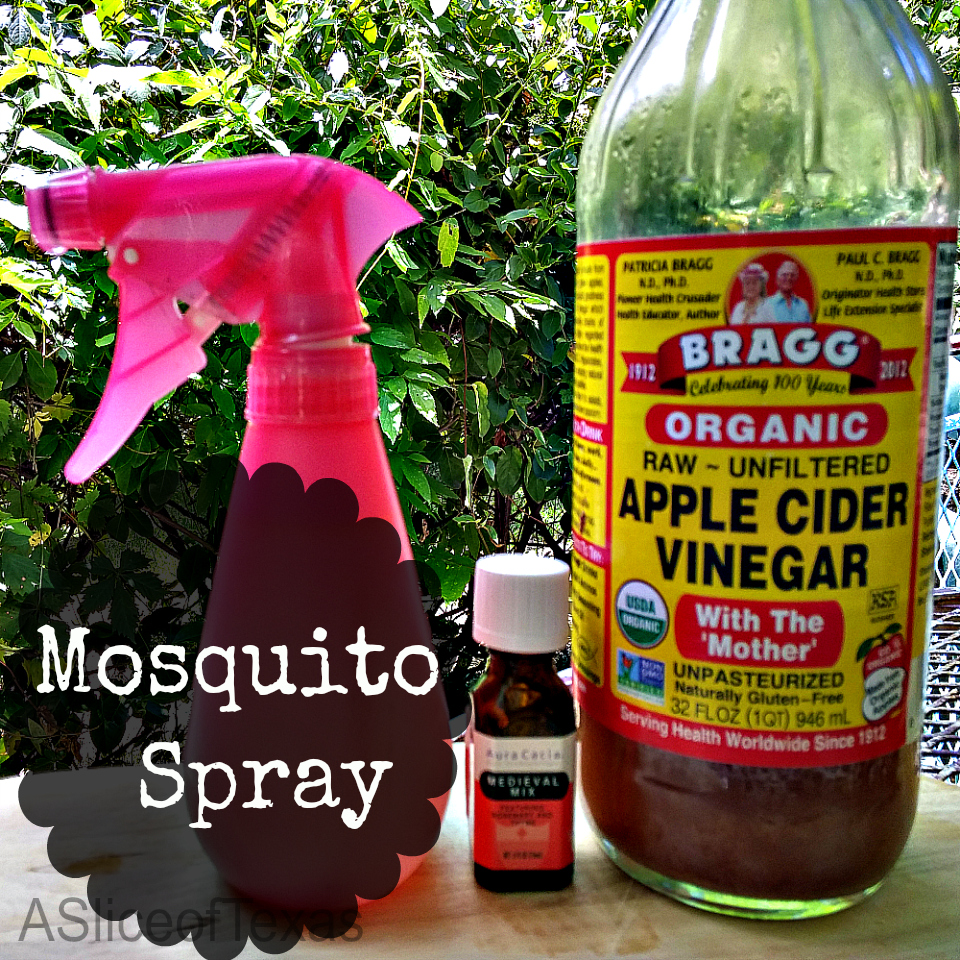Conquering Mosquitoes Naturally: The Ultimate Guide

Summer evenings, backyard barbecues, and open windows – all idyllic scenarios until the familiar high-pitched whine of a mosquito shatters the peace. These tiny insects are more than just a nuisance; they can be vectors for serious diseases. This has driven the search for the best natural mosquito killer, a solution that effectively combats these pests without resorting to harsh chemicals.
The desire for a natural approach to mosquito control isn't a new phenomenon. For centuries, people have sought plant-based repellents and environmental modifications to minimize mosquito populations. This enduring quest highlights a growing awareness of the potential negative impacts of synthetic insecticides on human health and the environment. The ideal natural mosquito control solution targets these insects effectively while minimizing collateral damage to beneficial insects and ecosystems.
Historically, communities relied on traditional methods like burning specific herbs and plants known for their mosquito-repelling properties. The discovery and isolation of active compounds in these plants, like citronella and pyrethrum (derived from chrysanthemums), paved the way for the development of more refined natural mosquito repellents. However, even these "natural" options can have drawbacks, and understanding their limitations is crucial.
The importance of effective mosquito control goes beyond mere comfort. Mosquitoes are known to transmit diseases like malaria, dengue fever, Zika virus, and West Nile virus. In many parts of the world, these diseases pose significant public health threats. Finding the best natural mosquito killer can be a vital step in protecting individuals and communities from these risks.
One of the primary issues surrounding natural mosquito control is the variability in efficacy. Unlike synthetic insecticides which often provide a quick knockdown effect, natural solutions can require more consistent application and integrated approaches. Understanding the limitations and combining different natural methods is often the key to achieving satisfactory results.
Numerous plants exhibit mosquito-repelling properties. Examples include citronella, lavender, lemongrass, peppermint, and rosemary. These plants contain volatile compounds that interfere with mosquitoes' ability to locate humans. You can cultivate these plants strategically around your home or extract their oils for use in DIY repellents.
Benefits of Natural Mosquito Killers:
1. Reduced Environmental Impact: Natural solutions typically biodegrade quickly, minimizing their impact on ecosystems and non-target organisms. For example, using essential oil-based repellents avoids the introduction of persistent synthetic chemicals into the environment.
2. Safer for Human Health: Many people prefer natural options due to concerns about potential health risks associated with synthetic insecticides, especially for children and pets. Plant-based repellents offer a gentler alternative.
3. Cost-Effective Solutions: Many natural methods, like planting mosquito-repelling plants, are relatively inexpensive compared to purchasing and applying synthetic insecticides regularly.
Action Plan for Natural Mosquito Control:
1. Eliminate Breeding Grounds: Remove standing water in gutters, flower pots, and birdbaths. Empty and scrub these containers regularly.
2. Strategic Planting: Cultivate mosquito-repelling plants around your outdoor living spaces.
3. Natural Repellents: Use essential oil-based sprays or burn citronella candles.
Advantages and Disadvantages of Natural Mosquito Killers
| Advantages | Disadvantages |
|---|---|
| Environmentally friendly | May require more frequent application |
| Generally safer for human health | Can be less potent than synthetic options |
| Often more affordable | Efficacy can vary based on environmental factors |
Frequently Asked Questions about Natural Mosquito Control:
1. What is the most effective natural mosquito repellent? A combination of methods often works best.
2. How do I make my own natural mosquito repellent? Mix essential oils like citronella, lavender, or eucalyptus with a carrier oil.
3. … (and so on, adding at least 6 more relevant FAQs)
Tips and Tricks: Consider installing mosquito netting around patios or porches. Use fans to disrupt mosquito flight patterns. Dress in light-colored clothing, as mosquitoes are attracted to dark colors.
In conclusion, the quest for the best natural mosquito killer involves understanding the nuances of different approaches. While there isn't a single magic bullet, a combination of eliminating breeding grounds, using natural repellents, and strategically incorporating mosquito-repelling plants can significantly reduce mosquito populations and minimize the risk of bites. By adopting these eco-conscious methods, individuals and communities can create safer and more enjoyable outdoor spaces without resorting to harmful chemicals. This commitment to natural mosquito control not only protects our health but also preserves the delicate balance of our environment. Embracing these methods is a vital step towards building a healthier future for ourselves and the planet. Take action today and reclaim your outdoor spaces from these buzzing pests.
The greatest show on earth ensemble a spectacle revisited
The enduring appeal of farrow ball tanners brown
Fathers day cards the timeless appeal of black and white













